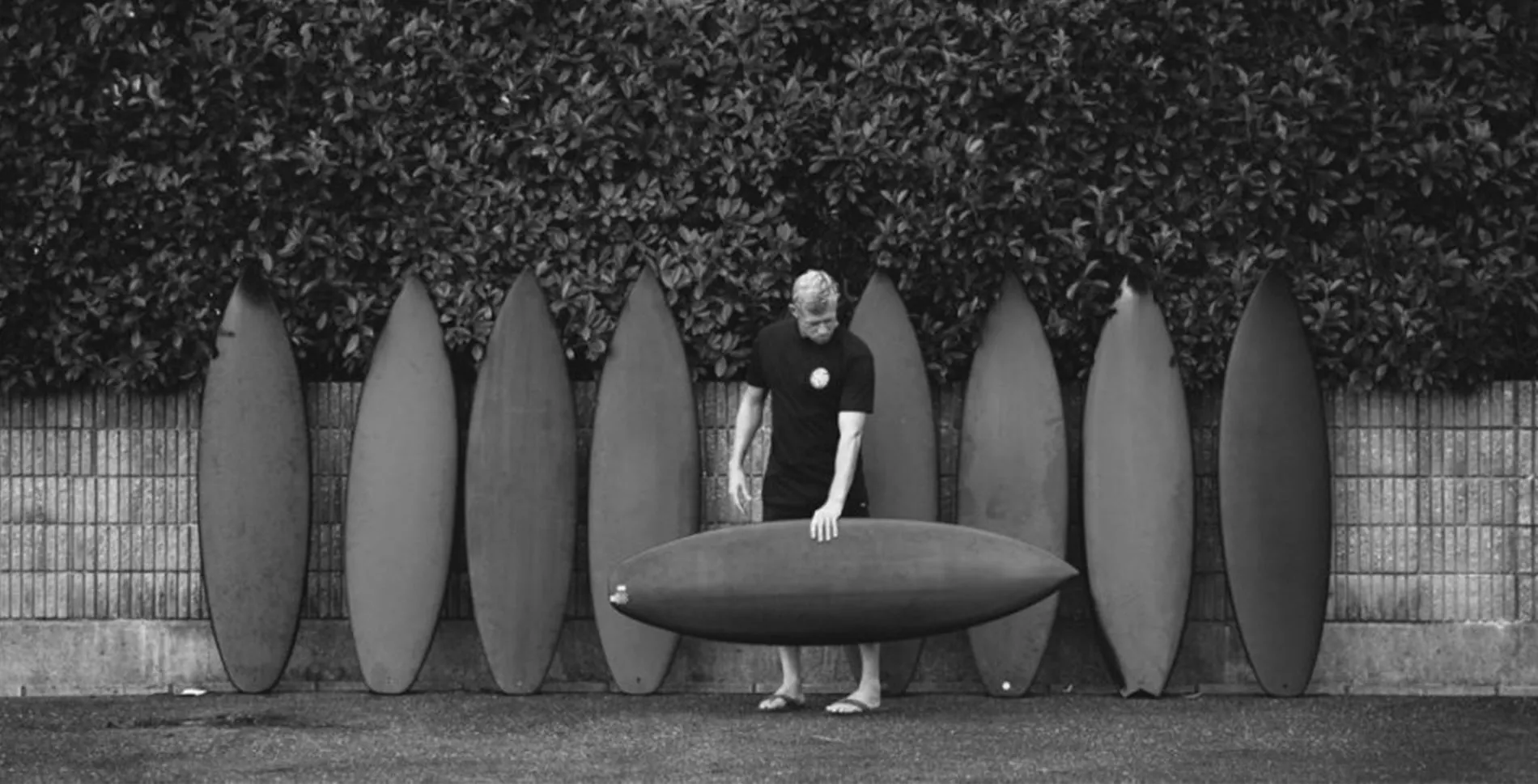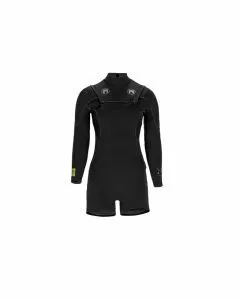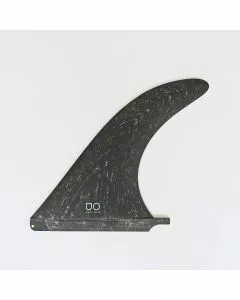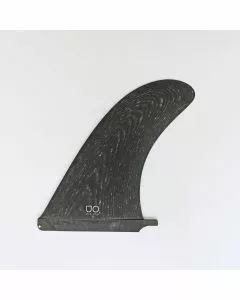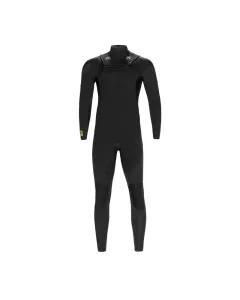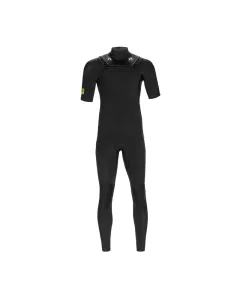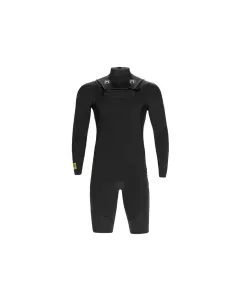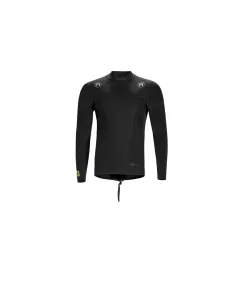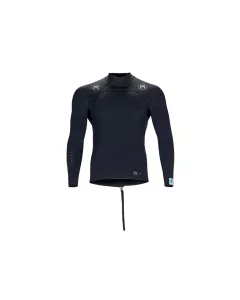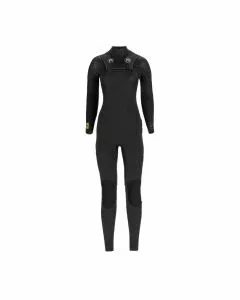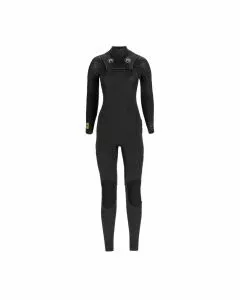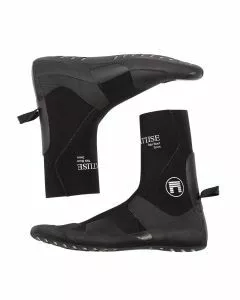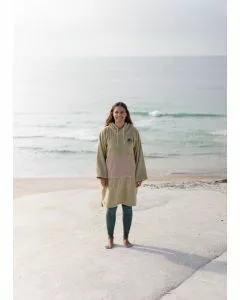Get 10% off and be the first
to discover new brands!
When comparing the qualities of sustainable surfboards, everything counts. Everything matters. There are the obvious questions that people tend to ask when choosing the right board; who is behind it and what are their values? How was it manufactured, and which materials were used? But we should also consider how close to home boards are made.
When you think about it, it doesn’t make sense for a so called sustainable product to be assembled in a location far away from its intended point of sale, or for its components to be sourced from all around the world. Sustainability goes much further than that. That’s why, at The Fair Cottage, we believe in full and easy access to information on product origins. It’s better known as transparency.
The Homegrown Alternatives To Carbon Drenched Imports
When the time comes to renew our quivers, to prepare our boards for the next adventure or to wave goodbye to those lost in battle (before hopefully giving them a new lease of life as something ‘upcycled’), we should take into account not only eco-friendly materials and product life cycles, but the the transit of component materials and finished products, plus the energy requirements of material creation. Of course, we’re talking about carbon footprint here.
You may have noticed brands from far away lands like Australia, filling the shelves of European surf shops with imported boards and the Earth's atmosphere with Co2. But what are your options closer to home?
Most of the boards and brands accredited by the ECOBOARD project, a trustworthy marker of a brand’s transparency and commitment to sustainability, are manufactured in the US. The most famous of which reside on the Gold Coast, with a few also sitting out on the East Coast.
Yet, there is a surprisingly large number of homegrown alternatives to these carbon drenched imports that carry the ECOBOARD label. Take Firewire, Channel Islands and NSP, all great ambassadors for the European market. As are Airush, who make boards for kitesurfing and get a mention because of their awesomeness and omnipresence.

Big Surf Brands With Green Ideas
Firewire is a giant in the surfing scene, but now stands in the spotlight for a different reason; their TIMBERTEK range, in which they implement biological resin, balsa wood and recycled EPS as well as techniques such as the paulownia cloth sandwich.
Channel Islands Surfboards have been recognised by the ECOBOARD project despite sustainability not being its main objective. Rather, they prefer to focus on innovation. Though it’s testament to the importance of sustainability that they keep this near the forefront of their design minds.
Further afield is NSP (worth a special mention because of their super-conscious concept), another giant that manufactures SUP boards in Thailand under the supervision of Sustainable Surf, have already been using coconut fiber in its boards for some time, reducing the use of fiberglass and filling them with bio-based Sicomin resin, with processing techniques that reduce toxicity and volatile particle debris.
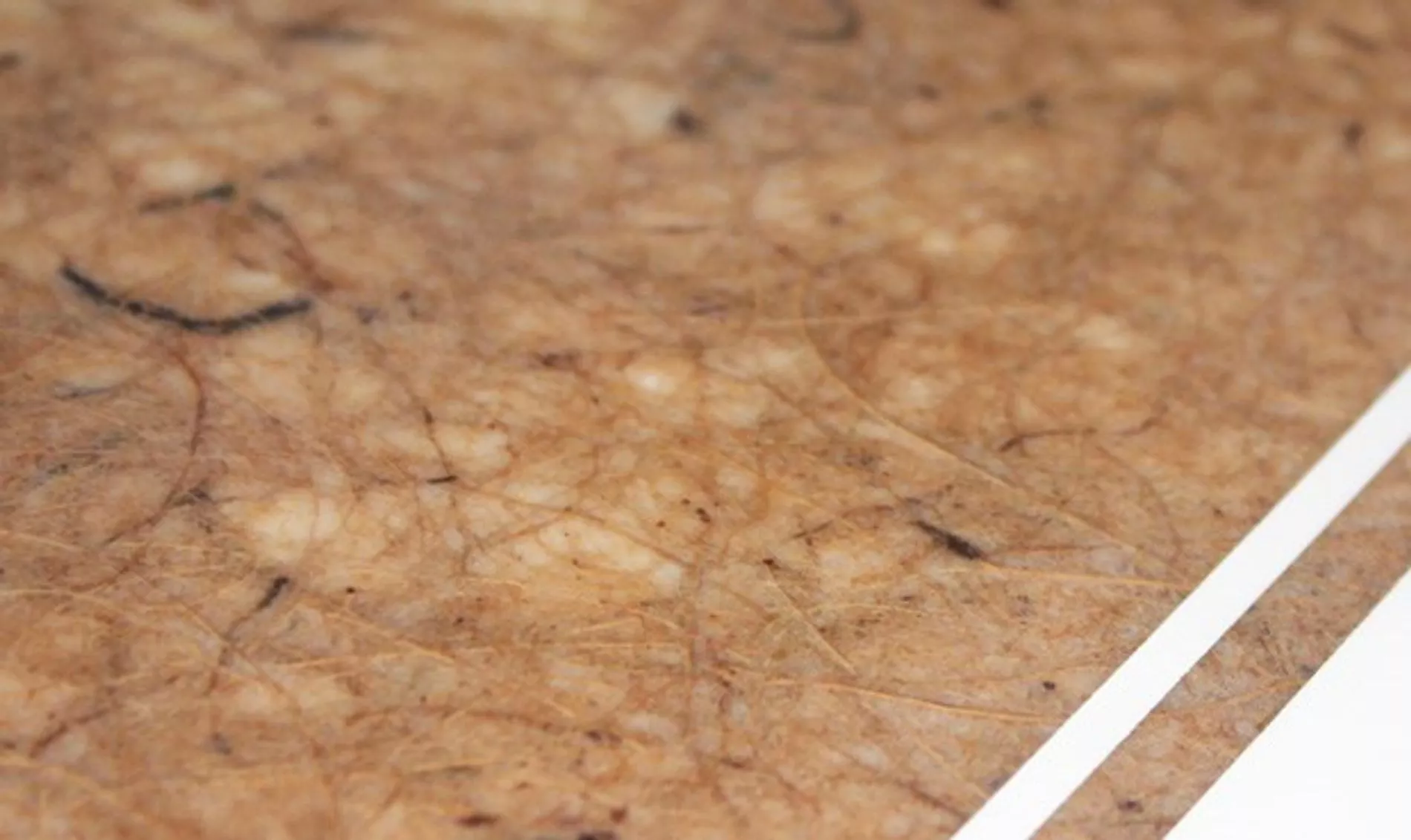
The Re-emergence Of Wooden Surfboards
Leaving the heavyweights to one side for a moment, we find a number of smaller European brands making bio-based boards, particularly wooden boards. Balsa wood or paulownia, for example, combined in some cases with bio-sourced fibers and bio-based epoxy resins are becoming very popular.
Brands using these techniques include Flama Surfboards from Barcelona, Sliver Eco Surfboards from Tenerife, Flycat from Tarifa, building kitesurfing boards, Hermanns Shaping from Austria, Yoni Surfboards from Portugal, Arbo in Cornwall, Jabali Surfboards from Holland and Kuntiqi from Cantabria, who also offer a range of sustainable surf accessories.
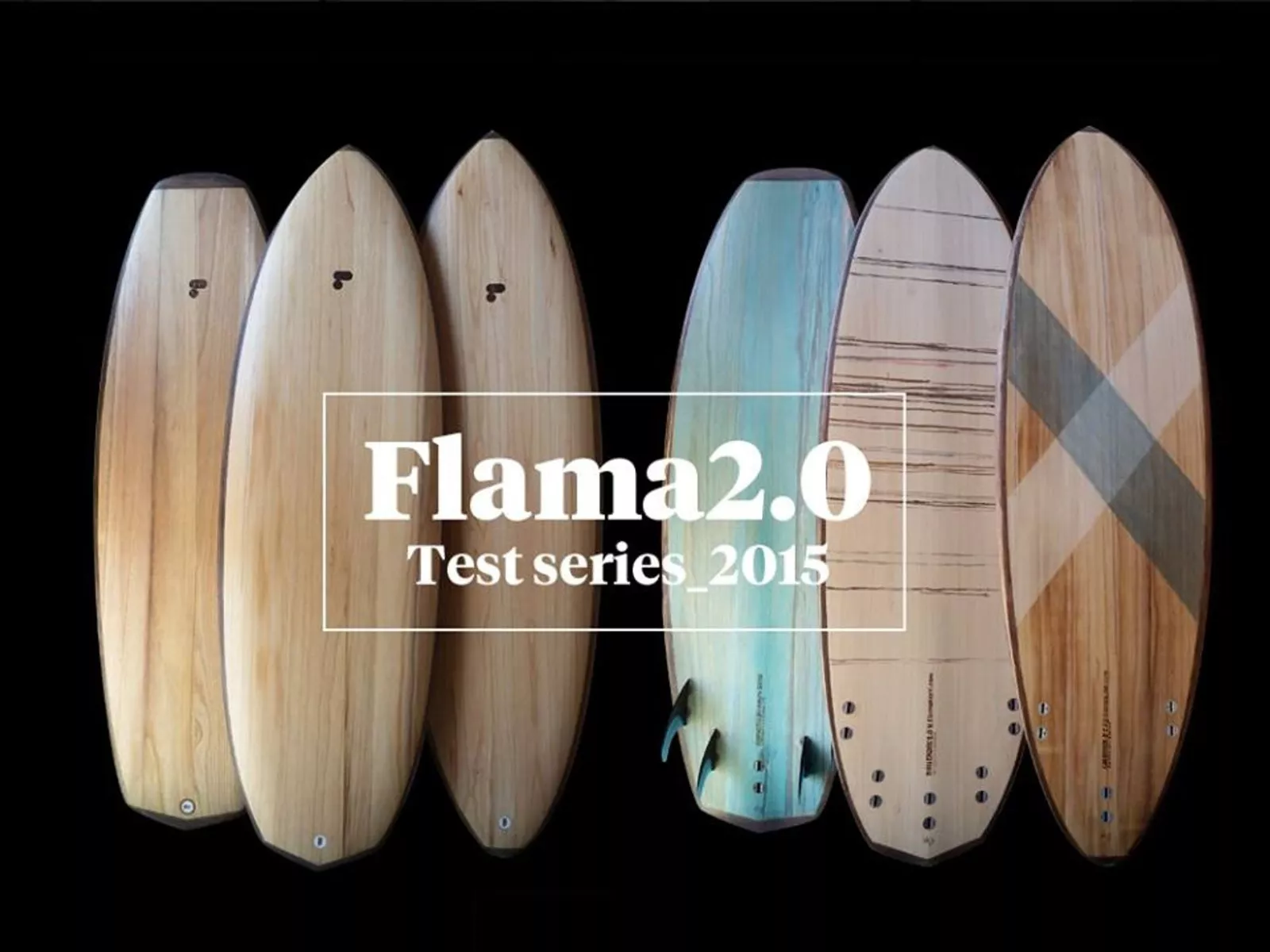
With a less classical style, we find some boards made from balsa wood or paulownia, the performance and features of which are inspired by the materials themselves, allowing designers to get the most from a board by developing it with materials at the forefront of the design process.
Reducing The Impact Of Material Processing
Secondary only to material selection are the processing techniques that make a board less harmful to the environment, providing peace of mind to the end user. Foams made from recycled material (or at least of a considerable percentage) or bio-based foams, such as algae or fungus, resins extracted from plants or natural fiber reinforcements, such as hemp, flax or coconut not only deliver the high performance a board needs, but also reduce the carbon emissions of the production process by up to 80%.
Small Brands Making Big Waves
Basque country bastions, Pukas are one of the best-known brands in Europe and one of the most recent additions to the ECOBOARD club for using materials approved under their system. We see boards by Andy Haitz, Escape surfboards from Cornwall and CoalSurfco, who stand out for their elegant aesthetics and for manufacturing using only renewable energy at their factory in Switzerland.
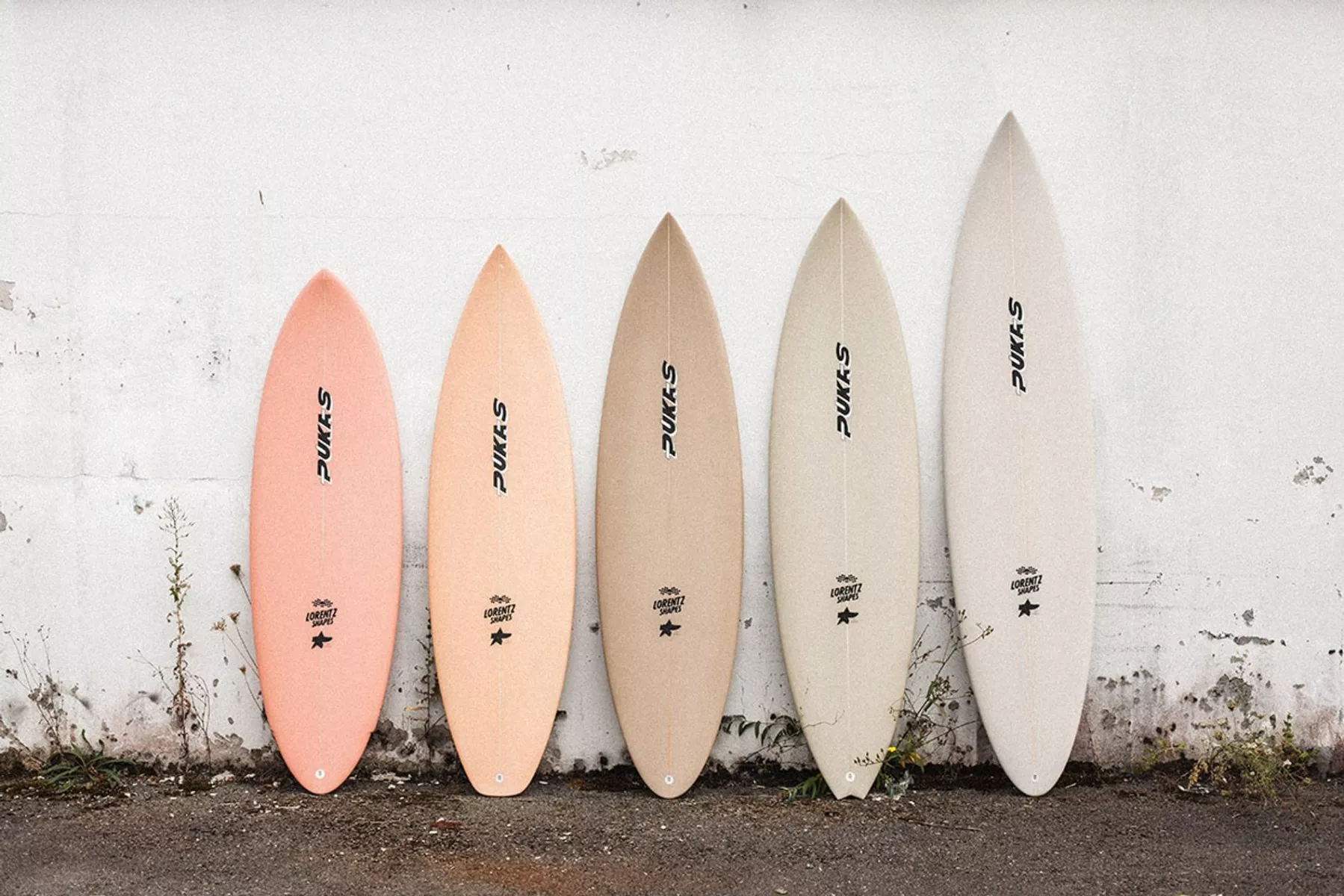
Joel Customs from England combine various ECOBOARD qualified materials in the production of their boards. DV shape, from Cádiz (Spain) manufacture boards for Kitesurfing, SUP and surf boards, with amazing designs which utilise vacuum bag compression techniques, cork cores, bio based epoxy resin and the replacement of conventional fiberglass with natural linen fiber.
Continuing on with our European tour we discover Anzu Surfboards from Italy and Garage Surfboards of Mallorca, both of which use ECOBOARD approved materials. Bilboa based in Tarifa, build SUP and Kiteboards with plant-based resin and natural fibers. Loop, another Italian brand, use natural resin and flax fiber to build their boards.
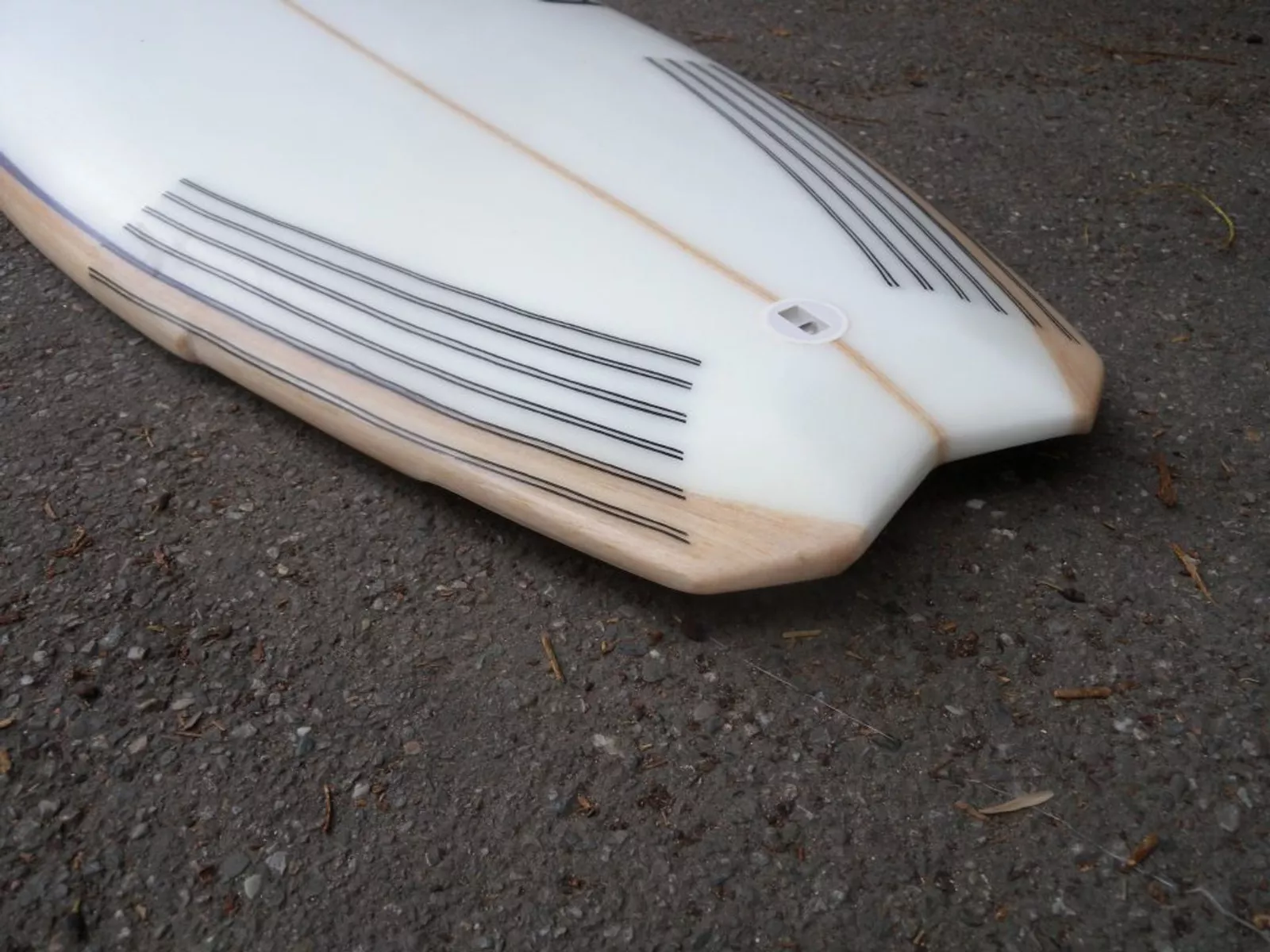
Then there is Mak from the Basque region, that combine recycled EPS with ecological fibers and Matta from Portugal, with extensive experience in the construction of surfboards, now using EPS, carbon and cellulose fiber finished with bio-resin for their SMARTech ECO range.
NOTOX, from France, manufacture the GreenOne and GreenK range using flax fiber on recycled EPS and Bio-based resin. What’s most impressive is the 700 km average proximity of sourced materials to their factory.
The Future Of Green Surfing Brands in Europe
We can see there are many ethical options from the European area. Some are young builders, while others are almost household names. Whatever the experience, we see that all the brands we have reviewed are working towards the same objective. To make surfing an eco-friendly activity by constructing sustainable surfboards from sustainable materials. Therefore, demonstrating how alternative materials can match the qualities of their non-eco equivalents, while also delivering aesthetically.
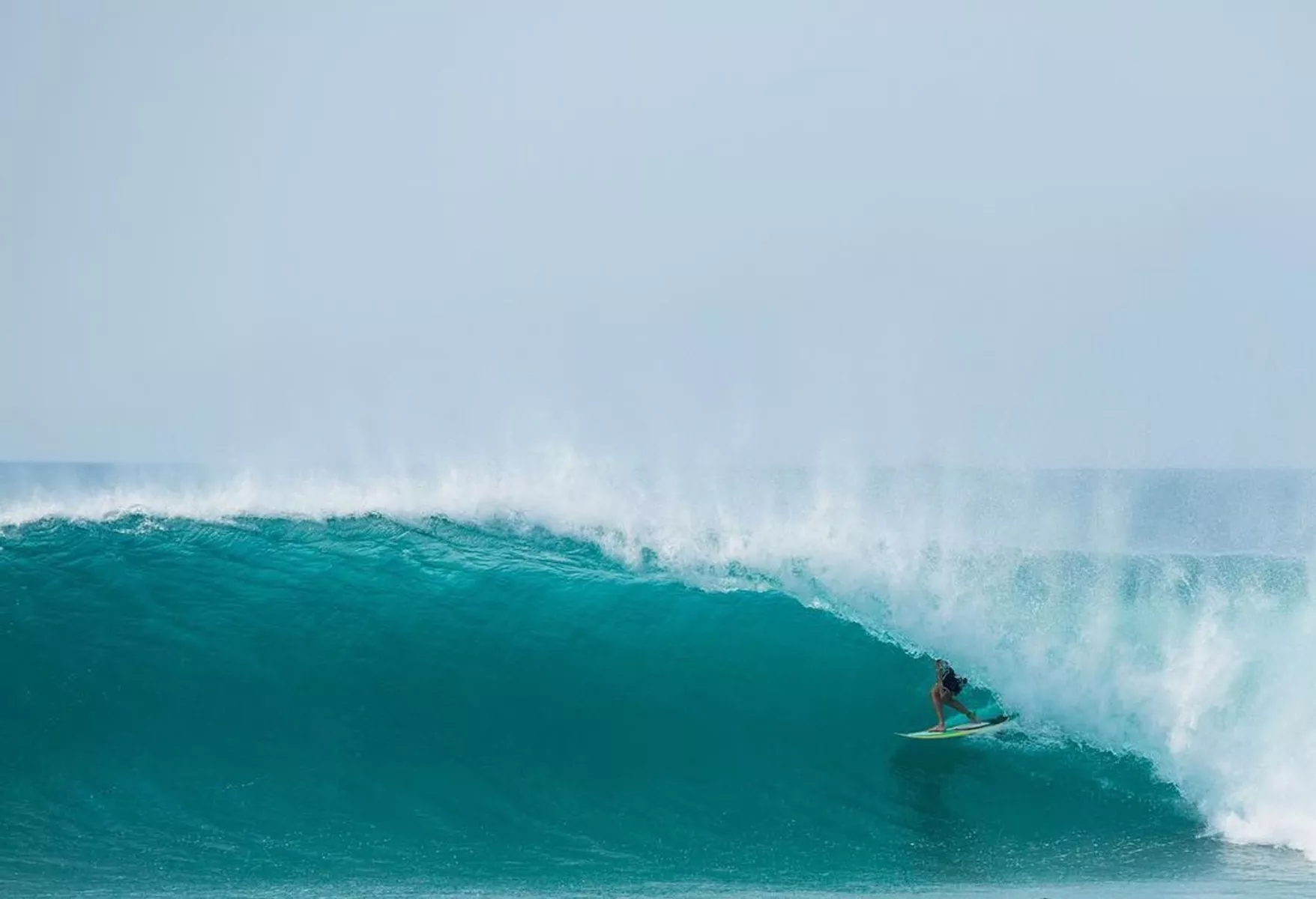
We hope you have found sustainable surfboard guide useful. At The Fair Cottage we are always facing forward, supporting new shapers and their innovative manufacturing techniques, which tread the path of sustainability.
We want to inspire and discover more brands that are committed to eco-friendly materials and sustainability and introduce surfers and adventure sports enthusiasts to their products, meanwhile wiping out the myth of sustainable boards having compromised performance. If you have never tried an eco-friendly board before, why not give it a go and write us a review? We’d be delighted to hear how riding an ethical board makes you feel both on the swells, and back on dry land.
If you would like to join our conscious network and contribute towards change, please sign up to our mailing list.


